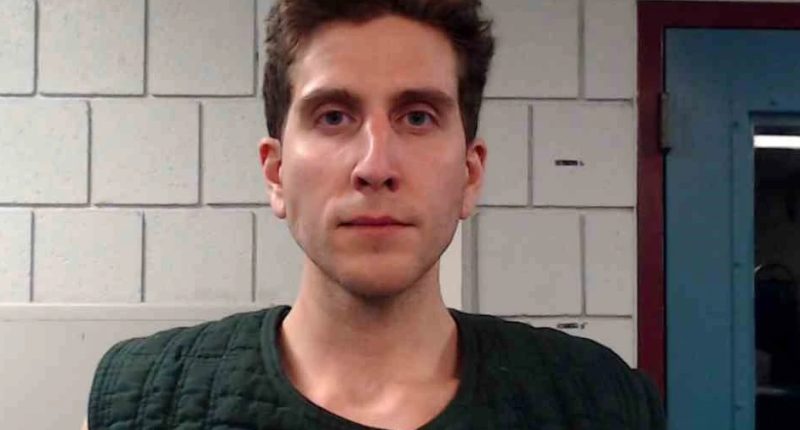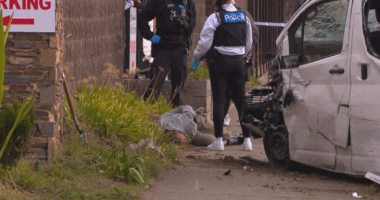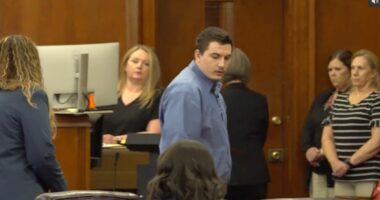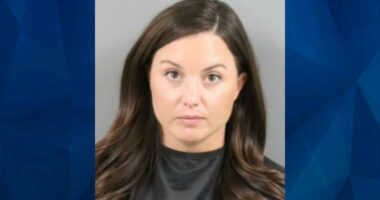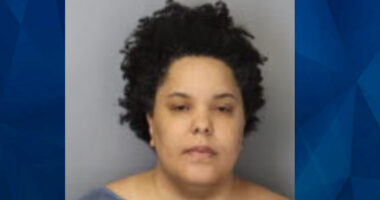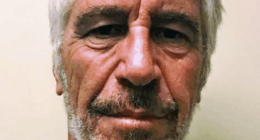Share this @internewscast.com
On Wednesday, Bryan Kohberger pleaded guilty to killing four University of Idaho students in 2022.
In a move to escape the death penalty, Kohberger, 30, confessed to the fatal stabbing of Ethan Chapin, Xana Kernodle, Madison Mogen, and Kaylee Goncalves on November 13, 2022, at the women’s residence located off-campus. According to the plea agreement, Kohberger will receive a life sentence without parole eligibility. Additionally, he relinquished his right to file an appeal.
Kohberger also pleaded guilty to burglary, which is a 10-year sentence.
Kohberger’s trial was originally slated for August 11, despite requests from his legal team for more time to prepare due to the extensive evidence involved. They also argued that details about this highly publicized case were prematurely disclosed in a “Dateline” episode. The May episode allegedly depicted a vehicle repeatedly passing by the off-campus Moscow house during the early hours of November 13, 2022, observed approaching the house and then hastily leaving 13 minutes afterward.
The source of that leak remains undisclosed.
Prior to his plea submission on Wednesday, Kohberger’s defense contended that he was not present at the crime scene and was driving solo on the night of the students’ fatal stabbings. Late last month, Judge Steven Hippler dismissed the defense’s list of four potential “alternative perpetrators,” whose identities remain undisclosed to the public.
Police claimed Kohberger visited the area 12 times before the slayings and that he turned off his phone on the night in question. Kohberger’s DNA was found on a knife sheath located near Mogen and Goncalves’ bodies, according to prosecutors. The murder weapon has not been found.
Meanwhile, defense attorneys accused prosecutors of withholding evidence about unidentified DNA samples — including DNA on a glove outside the home which also remains unidentified.
Investigators tested DNA from a trash can outside Kohberger’s family home in Pennsylvania against DNA found on the sheath at the crime scene. Testing determined that “at least 99.9998% of the male population would be expected to be excluded from the possibility of being the suspect’s biological father.”
At the time of the slayings, Kohberger was working on his Ph.D. in criminology from Washington State University, which is located 10 miles from the crime scene. He was arrested in Pennsylvania in December 2022, after taking a cross-country road trip with his father from Washington to Pennsylvania for the holidays.
In September, Kohberger’s trial was moved from Latah County to Boise, in Ada County. The trial’s venue was changed after the state supreme court upheld a ruling identifying publicity and media attention concerns that could jeopardize Kohberger’s right to a fair trial. Further, the courts noted that the Latah County courthouse lacked space and local police did not have enough deputies to provide adequate security.
The trial was expected to last three months.
This story is developing…
[Feature Photo: Monroe County PD/Bryan Kohberger ]
